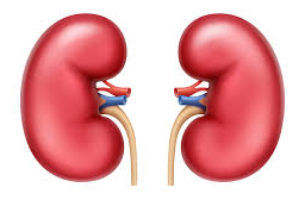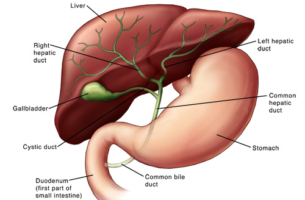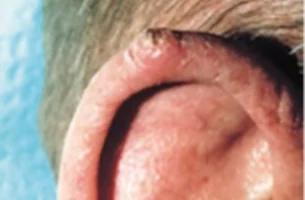How often should GFR be monitored in CKD (chronic kidney disease)? Keep track of your kidney data with PKB It depends on the GFR and creatinine level in the blood, as shown by these key points. Key Points CKD1-2 – GFR/creatinine every 12 months CKD3A – GFR/creatinine every 6 months CKD3B – GFR/creatinine every 4-6 […]
Read MoreHow do I get a NHS certificate for free prescriptions? You may not need to. For example, medical prescriptions are free in Northern Ireland, Scotland and Wales. They are also free for people in England who meet certain criteria, including people who are: Under 16 or over 60 years Receiving Income Support, JSA, ESA or […]
Read MoreI’ve run out of tablets. Can I get an emergency prescription at my pharmacy? Yes. Your local pharmacy (or some that are not, if they agree) can give you an emergency prescription. But. It is always a good idea to check that you have sufficient supplies of your repeat medicines, particularly in the run up […]
Read MoreWhat does the gall bladder do? (5 functions) In this article we will describe what the gall bladder does, and its 5 functions. The gallbladder is a storage pouch for bile, a digestive fluid produced by the liver. It releases bile into the small intestine to help digest fats. The liver continuously produces bile. And […]
Read MoreHow much is 1 PA of an NHS consultants time worth? One programmed activity (PA) is worth four hours of work for NHS consultants. A standard working week for consultants is 40 hours (and therefore 10 PAs). And 1 PA is financially worth about 10% of their salary (see below). But the value of a […]
Read MoreWhat’s the difference between a headache and a migraine? There are several differences between headaches and migraines, including: Pain location Headaches typically cause pain on both sides of the head, while migraines are usually felt on one side. Pain severity Migraines are often more severe than regular headaches. Pain type Migraines often feel like a […]
Read MoreHow do you spot the signs of skin cancer? Most skin cancers are linked to sunlight exposure, so are often on the face (and arms). But they can be anywhere. There are three types of skin cancer. There’s malignant melanoma, which is usually spotted in brown moles – you should look out for any changes […]
Read MoreCan I be fat and healthy? Yes, some people who are overweight or obese can be healthy, as there is a range of factors that can impact health, not just weight. Metabolically healthy obesity Some people who are overweight or obese are considered metabolically healthy, if they don’t have high blood pressure, high cholesterol, or […]
Read MoreIs drinking tap water safe? Tap water is safe in all developed countries. Well, that’s what we at MyHSN think. But, the big BUT. There is little (nearly no) good research to back that statement up, and answer this question. So, what do we know about bottled and tap water? 42% of Brits now regularly […]
Read MoreWhat does the immune system do? The immune system is one of the most important parts of the body. Its your body’s defence mechanism, and works 24/7. But you cannot see it, touch it or feel it. The immune system protects the body from harmful substances and germs by recognising and responding to antigens: Identifying […]
Read More








